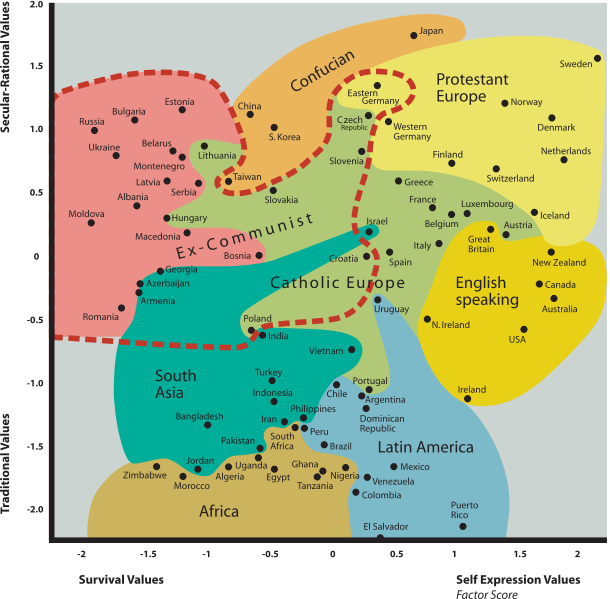 I really enjoyed Copyright and Inequality, a new paper by Lea Shaver forthcoming in the Washington University Law Review — enough to attempt a summary on first read, and to read a second time, aloud, in hope that some people who would never read a 52 page paper might still hear its message.
I really enjoyed Copyright and Inequality, a new paper by Lea Shaver forthcoming in the Washington University Law Review — enough to attempt a summary on first read, and to read a second time, aloud, in hope that some people who would never read a 52 page paper might still hear its message.
The paper is highly readable, a large part of it (“A Case Study in Book Hunger”, numbered pages 9-22, about books, languages, and the socio-economics of South Africa) of general interest, barely mentioning copyright at all — though if you start by reading that section, hopefully you’ll then read the rest of the paper to find out how copyright is implicated. May the remainder of this post be a complement.
Inequality Promotion
To put it crudely, Copyright and Inequality mostly concerns copyright’s role in keeping the poor poor, rather than its role in concentrating wealth. The latter seems even less studied than the former, but the former seems more important, unless you consider rule by plutocracy the most urgent issue in the world.
In the category of keeping the poor poor, the magnitude of copyright’s negative impact on neglected language (cf. neglected disease) populations was new to me — the requirement of permission to translate contributes to almost no books being available in these languages, for pleasure, or for education, the latter creating a bottleneck for further life opportunities (n.b. “everyone should learn English” is a multi-generation strategy only successfully carried out by wealthy countries so far).
The cost issue is obvious, but can hardly be repeated enough. Shaver provides the example of books (when available at all, almost always in English) costing 2x as much in South Africa as in the US or UK, while income is far lower, especially for the poor (about half of the population lives on less than US$50 a month).
Many countries are far poorer than South Africa, and large populations dependent on neglected languages are common. Many wealthy countries, the U.S. in particular, have large populations of poor and neglected language speakers. Copyright is helping keep the poor poor everywhere. (Expensive textbooks are appropriately a priority target in the U.S., but every good that carries a copyright monopoly tax contributes in some combination to material poverty and cultural exclusion.)
Shaver makes a very strong case for including distributive justice in copyright discourse, along the way summarizing well known problems with the dominant romantic authorship + incentive narrative which has sidelined equality. She doesn’t push for any single solution, but the most interesting discussion is of the possibility of a carve out for translation to neglected languages, along the lines of such for braille and audio versions for use by blind users. Shaver says that copyright term extension should be opposed (additionally) for distributive justice concerns, but term reduction is “politically impossible” due to treaty obligation. (In what other fields is scholarly discourse on substantially alternative and obviously superior arrangements — the current regime based on “more fallacy than fact” — so readily discarded?)
Commons
Copyright and Inequality mentions free/open/commons production or distribution briefly in a few places:
- Another scholar mentioned commons-based peer production in the context of patents.
- The “more radical” (than providing access at public libraries) solution of “allocating public textbook funds to the production of Open Educational Resources.” (Actually a rapidly growing practice.)
- “Open business models” meaning very broadly cultural production not dependent on restricting copying.
- “Limited commons”, e.g., copyright might be relaxed for a neglected language, but translations of new works in that language to non-neglected languages would be fully restricted.
I’m happy that these are included at all, but commons advocates need to make full versions central. A carve out for translation to neglected languages would be better than none, but if it is achieved, will take many years of negotiation, and be riddled with requirements that will limit effectiveness (as Shaver notes is the case with carve outs for disability), and obviously would leave all non-linguistic copyright inequality mechanisms, and the resources of interest groups that support enclosure, fully intact. Commons-based funding mandates and peer production can happen much faster, and are anything but politically impossible, and can make a huge impact, far beyond a “patch”.
This potential huge impact might hold especially for neglected languages, which essentially are not being served at all by proprietary production. For everyone, as I’ve said many times, product competition from the commons both reduces the resources available to enclosure industries to lobby for protectionism and re-imagines the range of desirable policy, in sum shifting what is politically possible.
Buttressed with recognition of copyright inequality, in particular its negative impact on neglected language populations, what might various commons advocates, projects, and movements do? Some off-the-cuff notes:
- I’ve long admired Wikimedia’s commitment to host its projects (Wikipedia and friends) for any language community capable of maintaining a project, even a very small one, and its enunciation of the importance of this commitment and of Wikimedia’s freedom (as a non-profit) to pursue such a commitment. The result so far includes Wikipedia in 287 languages and much more, with even more in incubation, formal and informal movement communities around the world, a program to make Wikipedia access free of mobile data charges in the developing world, and probably much more I’m not aware of. Should the findings of Copyright and Inequality lead the various parts of the Wikimedia movement to multiply their efforts to support the growth of and access to free knowledge in neglected languages and increase estimates of the Wikimedia movement’s economic values accordingly? The paper’s findings are probably already well known by the staunchest language advocates around Wikimedia, but perhaps they should be taken even more seriously than they already are. I am ignorant of the human side of Wikimedia outreach to neglected language communities, but surely there is now a substantial body of experience which could be leveraged in making further investments and partnerships. On the technical side, perhaps the migration of lots of knowledge into the truly multilingual Wikidata project could enable more projects in more languages to be truly useful, even for very small language communities?
- The importance of first language availability of texts, especially educational materials, implies that software user interface availability in the user’s first language is probably pretty important too. What would it take to increase popular free/open source software application language support from dozens (Firefox claims over 80, LibreOffice over 30) to hundreds, even thousands of languages, thereby including most neglected languages? More collaboration across program translation efforts? More centralization? Collaboration with governments, educational systems, funders? A higher bar for user interface changes requiring translation updates? Fewer programs?
- Fund the creation new free knowledge (inclusive of entertainment!) works in neglected languages, e.g., with small grants and prizes, and introduction of collaborative production, e.g., book sprints?
- Market, sell, distribute, push for adoption of free knowledge works among neglected language populations — this is what publishers do (given a wealthy enough population anyway), and what must be done for the commons. Making works available online, with no promotion, only solves problems for an elite, and doesn’t offer proprietary publishers any competition, where they choose to compete.
- Could recognition of the value of neglected languages provide an impetus for a new and large effort toward free software machine translation? Little progress has been made thus far, perhaps in part because some proprietary services such as Google Translate are gratis, and work for most non-neglected languages. Could redoubled effort to support neglected languages in Wikimedia projects (Wikisource translations might be especially relevant) and free/open source software projects help provide needed parallel corpora?
- Awareness of the plight of neglected language populations could buttress arguments for open funding mandates, particularly if it could be demonstrated that some resulting materials were actually translated and used by said populations — neglected language translation and marketing might even be included in some such mandates, or funders and projects working with neglected language populations could specifically target translation and distribution of the “best” of the output of open funding mandates.
- Awareness of neglected languages could buttress arguments for voluntary release of works under free/open licenses or into the public domain. (A handful of readers might note that translation-only licenses have been proposed, and a “Developing Nations” license briefly offered. The latter got almost no use before it was retired, perhaps in part because it seemed both confusing and paternalistic — and I doubt these very limited commons offer much, including in public license form. I can’t stress enough that sales/marketing/distribution/adoption are very tough and very necessary, and commons projects have largely failed at them to date. Given this, it is insane to cut off entire segments of potential collaborators, e.g., free knowledge projects and diaspora communities.)
- Increasing commons movements’ self-awareness of their ability to help neglected language populations could buttress these movements’ self-awareness of their own political potency, leading them to act unashamedly as an interest group and to boldly stake a claim for the commons as the central paradigm for information/innovation policy, thereby further increasing their political potency, and ability to help neglected language populations. (Recursion intentional!)
Spectacle
Further excerpts from Copyright and Inequality:
Overall, copyright law works quite well for copyright scholars at leading universities.
Funniest sentence in the paper, presumably unintentional. (One small bit of progress would be for “copyright scholars” to re-imagine themselves as “commons scholars”; cf. copyright experts→commons experts.)
Its protections give us control over our own writings, which we can choose to invoke or to waive, as we believe best suits our own interests. Its incentives help to stimulate the production of an ever-greater variety of informative and entertaining works for our professional and personal development. Its limitations on access and use of copyrighted works only rarely pose significant problems for us. From this perspective, it is easy to miss the more profound problems posed for the 99% of the world that does not enjoy the same privileged position of access.
From this privileged perspective, creative production resembles a constantly expanding buffet of choice laid before us, among which we may select the most appealing options until we are full. Perhaps some of these offerings are being produced in languages we do not speak. No matter, more than enough choices remain. In our affluence of resources and opportunities, we might even choose to acquire fluency in a second language to further expand our choices. Copyright protection promises to raise the quality, the diversity, at the very least the sheer number of offerings placed upon the table. How could this be a bad thing? But can your peripheral vision stretch farther still? If so, you might see, standing back behind you, a hungry crowd. They are the poor. They are a majority of the world. They too admire the buffet. But they realize it is not laid for them. For some of us, the proliferation of new works is a bounty, opening up new worlds of consumer choice, new horizons of creativity to explore. For most of the world’s population, however, the expanding universe of new cultural works is yet another site of social privilege from which they are effectively excluded.
Well and powerfully said regarding the unseen and neglected, but I submit further that our forward vision is profoundly myopic. Relative to the (perhaps two billion?) people who are both poor and only read a neglected language, wealthy people with English fluency are incredibly privileged, and have ready access to an astounding and ever-growing surfeit of culturally relevant educational and entertainment materials. Those employed by wealthy universities have yet more ready access. Just before the humorous sentence:
Located in major research universities, we also enjoy supremely convenient access to the best-funded libraries in the world. As a group, we do not fail to complain when we notice that copyright law impedes our own ability to access, create, and distribute cultural works. Fortunately, our legal expertise and professional experience positions us well to both recognize the legal roots of our problems, and to suggest solutions to our legislatures and courts.
But however well positioned relative to neglected language populations or the general public of wealthy countries, these complaints and suggestions always face a tremendous uphill battle, at best. The enclosure industries are much better positioned than their scholars.
We love whatever culture we grow up in, but I doubt the one driven by the maximization of rents available from cultural products (cf.), at the expense of freedom and equality, is anywhere near the best of possible worlds, even for those with access to those products. I think an analogy to the internet is appropriate: had a small number of closed electronic services continued to dominate, and a decentralized network never developed, we would now think of the AOL, CompuServe, and Prodigy of 2014 as amazing — and they would be! The much better world of the internet would be beyond the imagination of most. Culturally, that AOLternative universe is the one we live in. But we can catch some glimpses of the internet universe, e.g., in Wikipedia, in PLOS, in memories of Napster.
Perhaps appropriately, only acting in the interests of poor and neglected language populations, against copyright inequality, will we be able to leave the AOL culture scenario and into the internet culture universe.
Closing quote from Copyright and Inequality:
An often-quoted statement by John Maynard Keynes posits that “The political problem of mankind is to combine three things: economic efficiency, social justice, and individual liberty.†The perspectives of economic efficiency and individual liberty have profoundly informed our discussion of copyright law. Yet the perspective of social justice has been comparatively absent. Reckoning with the ways in which social inequality impacts the market for copyrighted work begins to supply this missing perspective. In the end, the inequality insight also leads us back to economic efficiency and individual liberty. For a system of creative production and exchange that excludes most of the world from participation is also not economically efficient. Nor does it effectively promote individual liberty for all. To promote all three of these values, copyright policy and scholarship must account for the realities of social inequality.
Read the entire paper, and share!
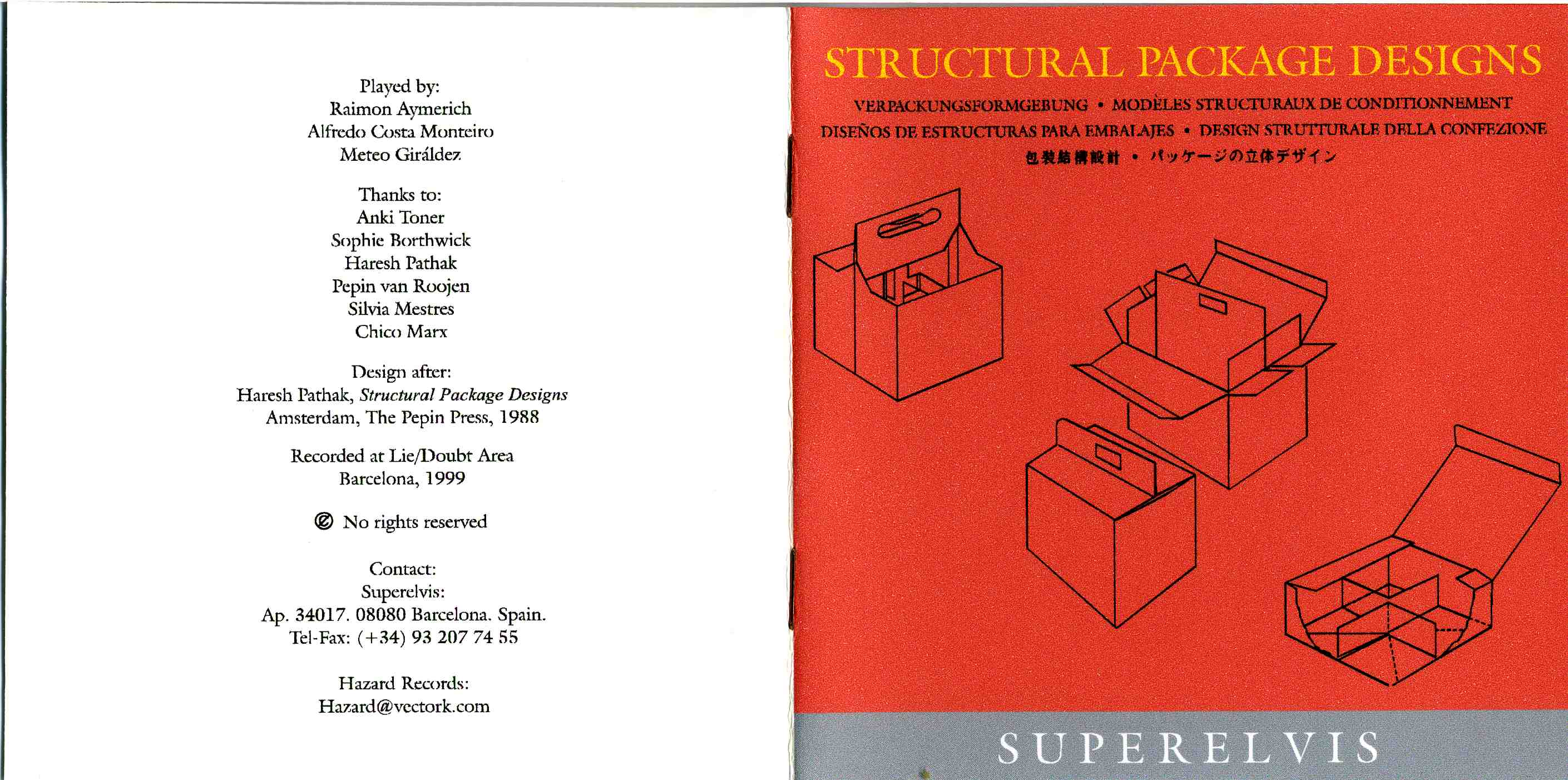
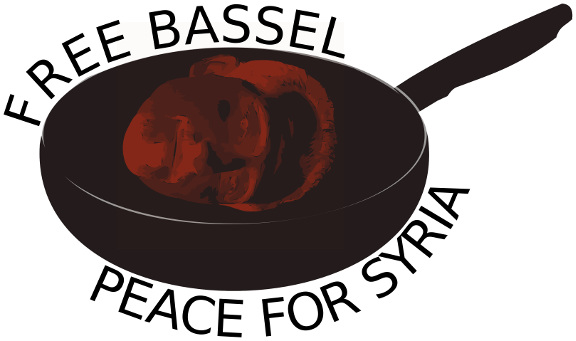

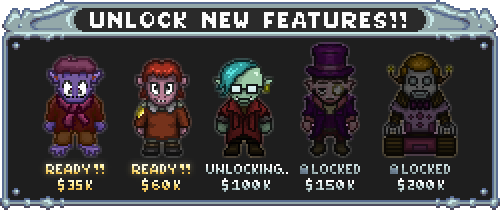
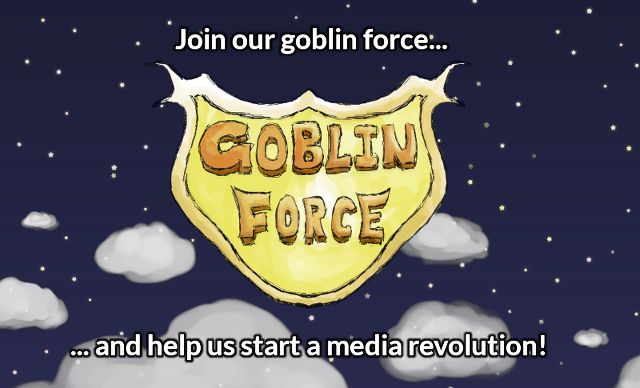
 I really enjoyed
I really enjoyed 
